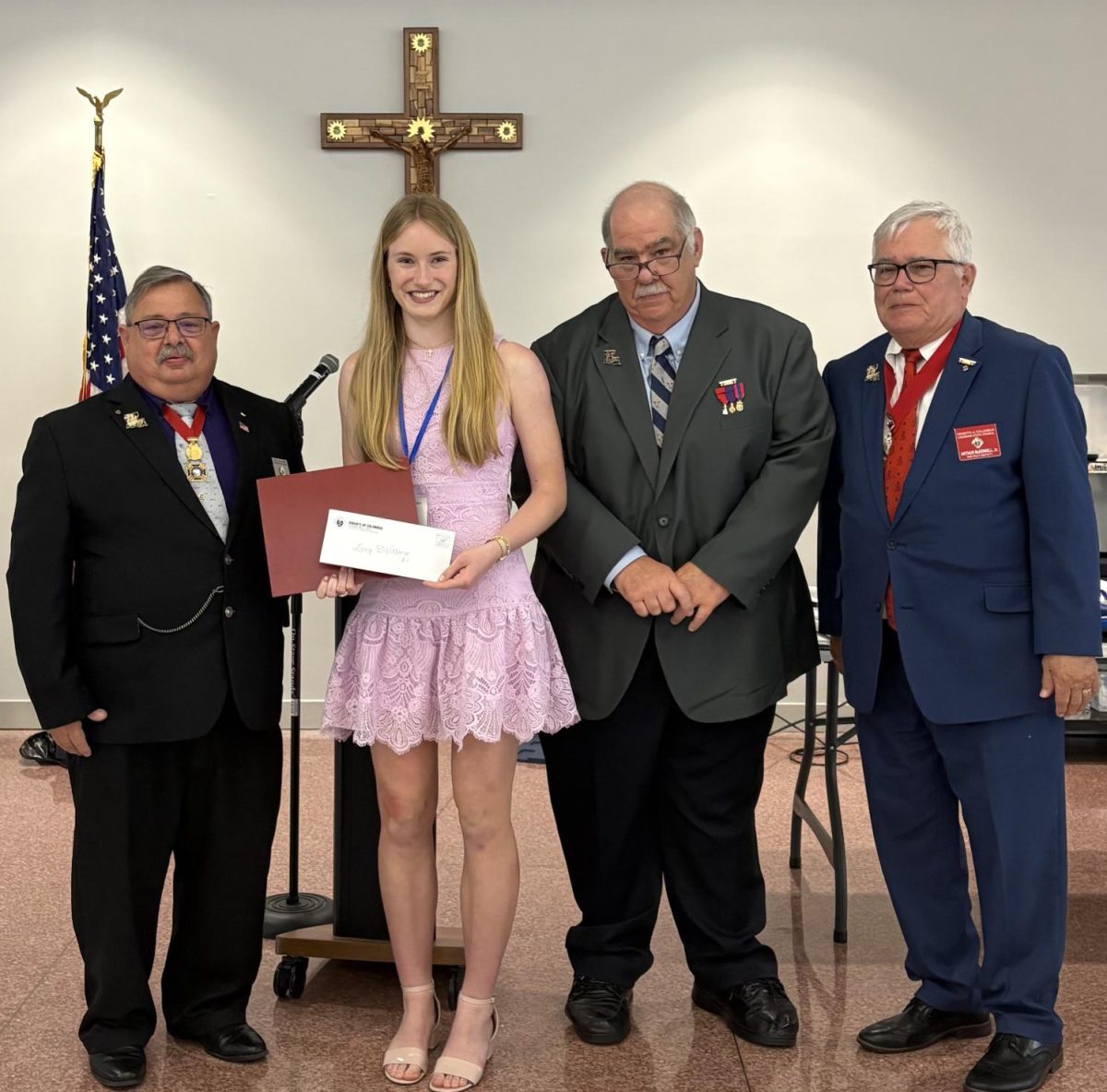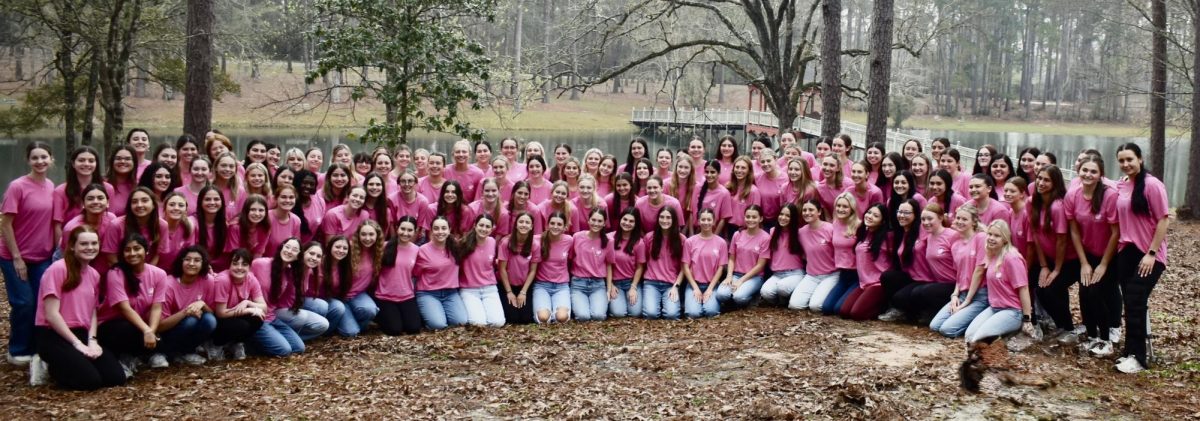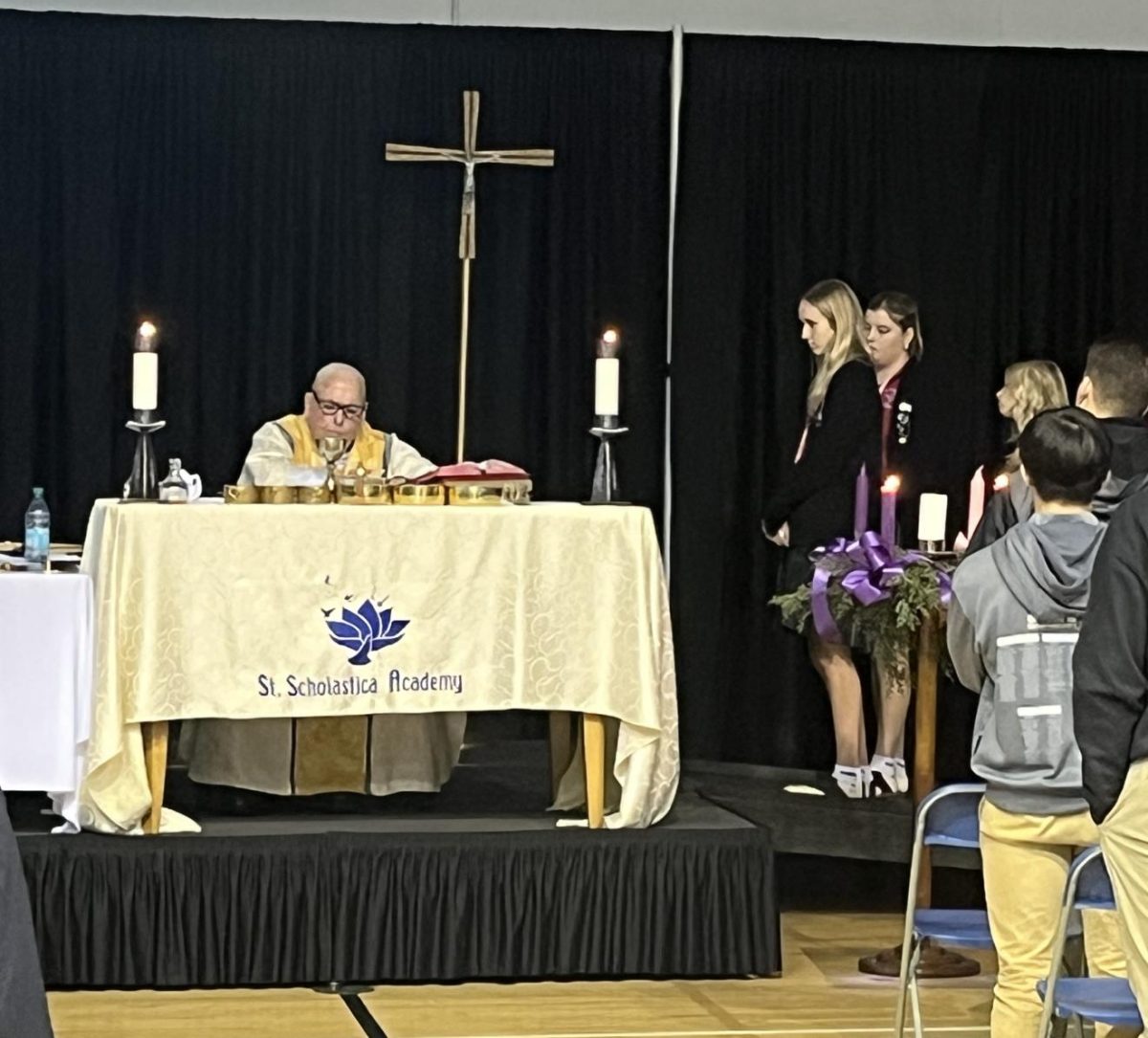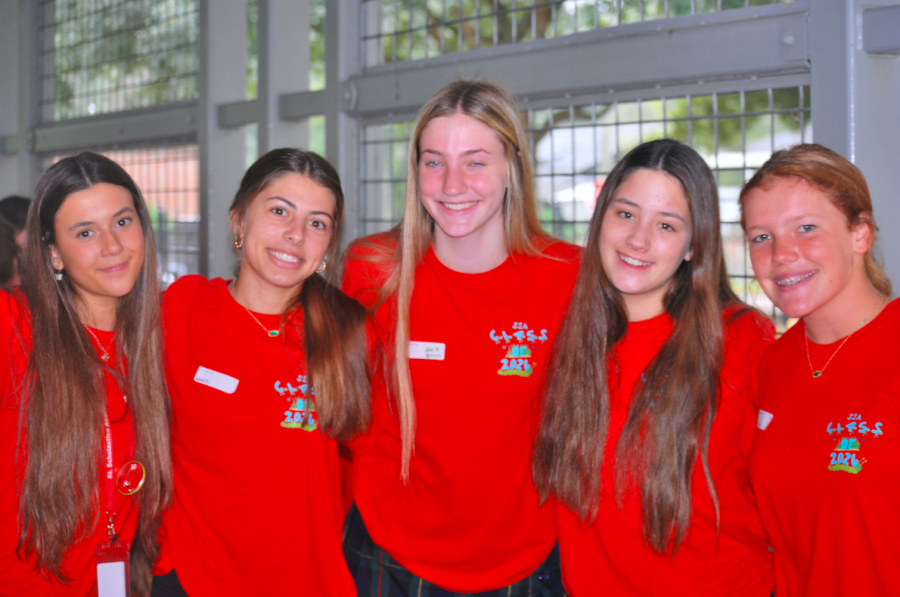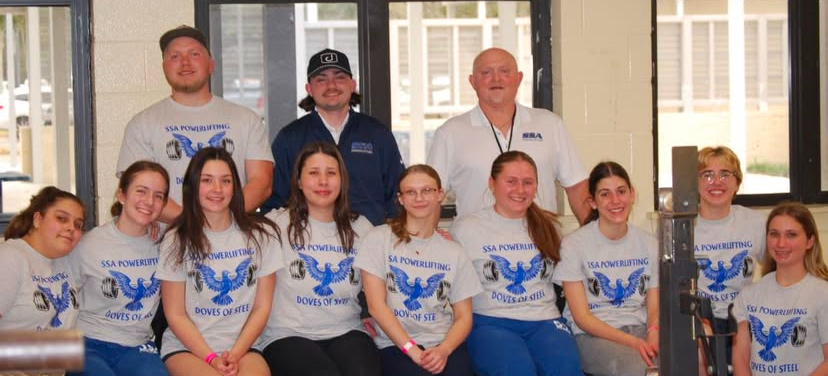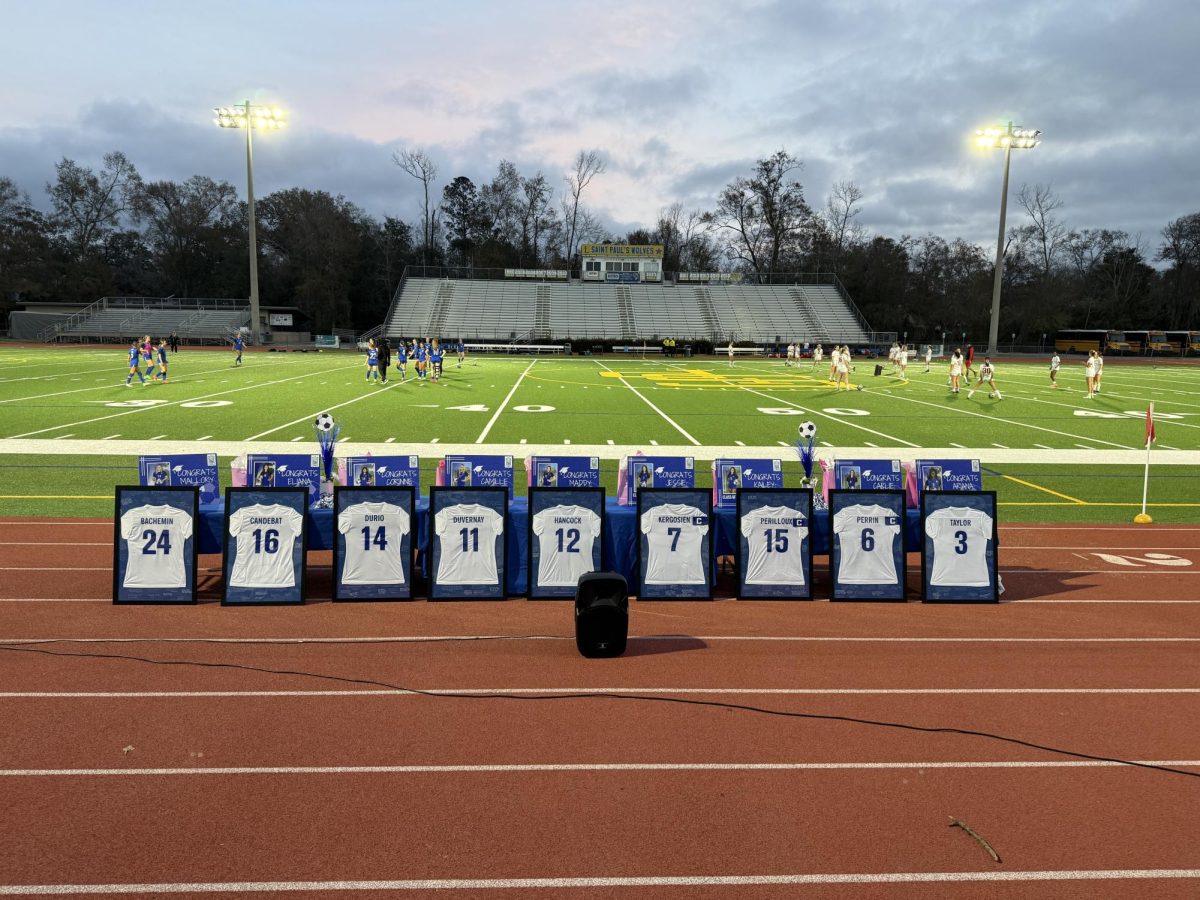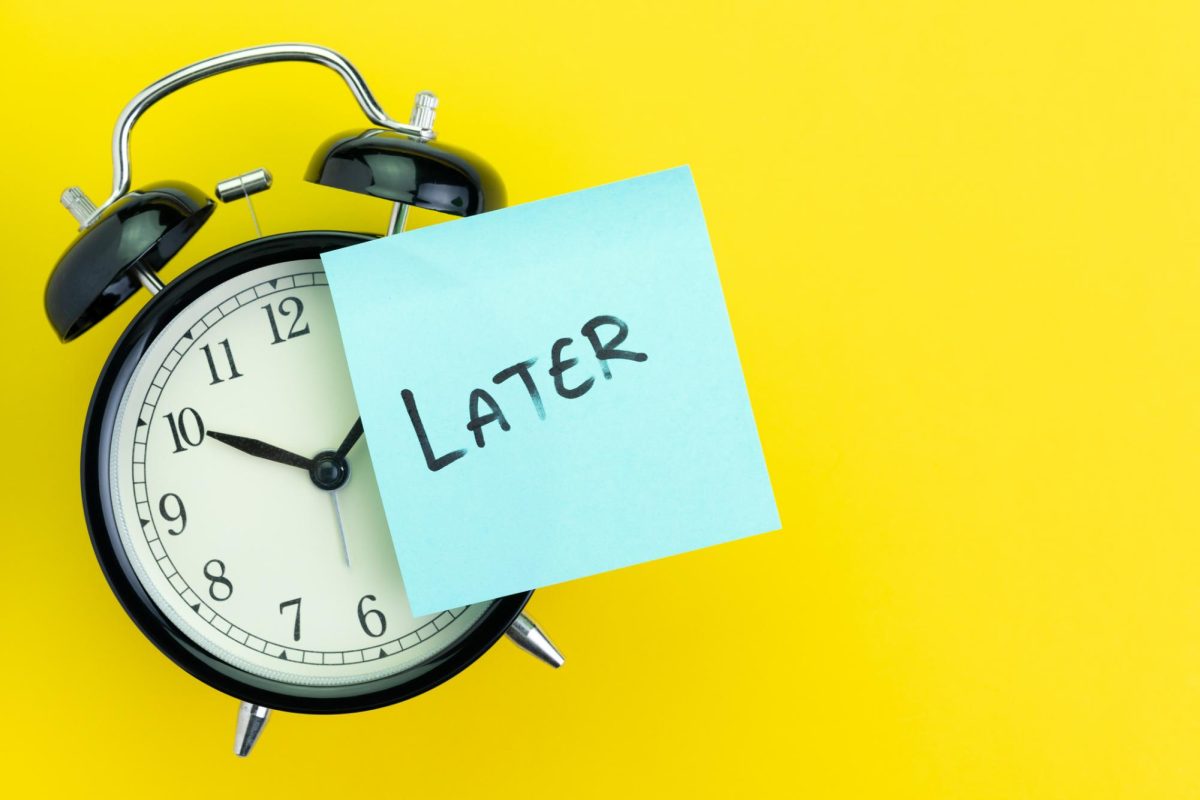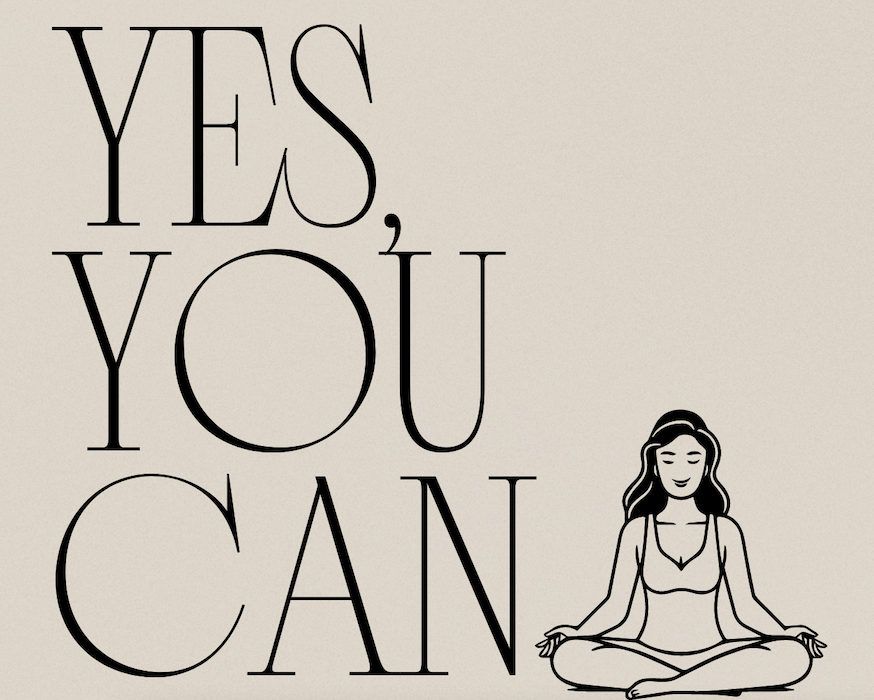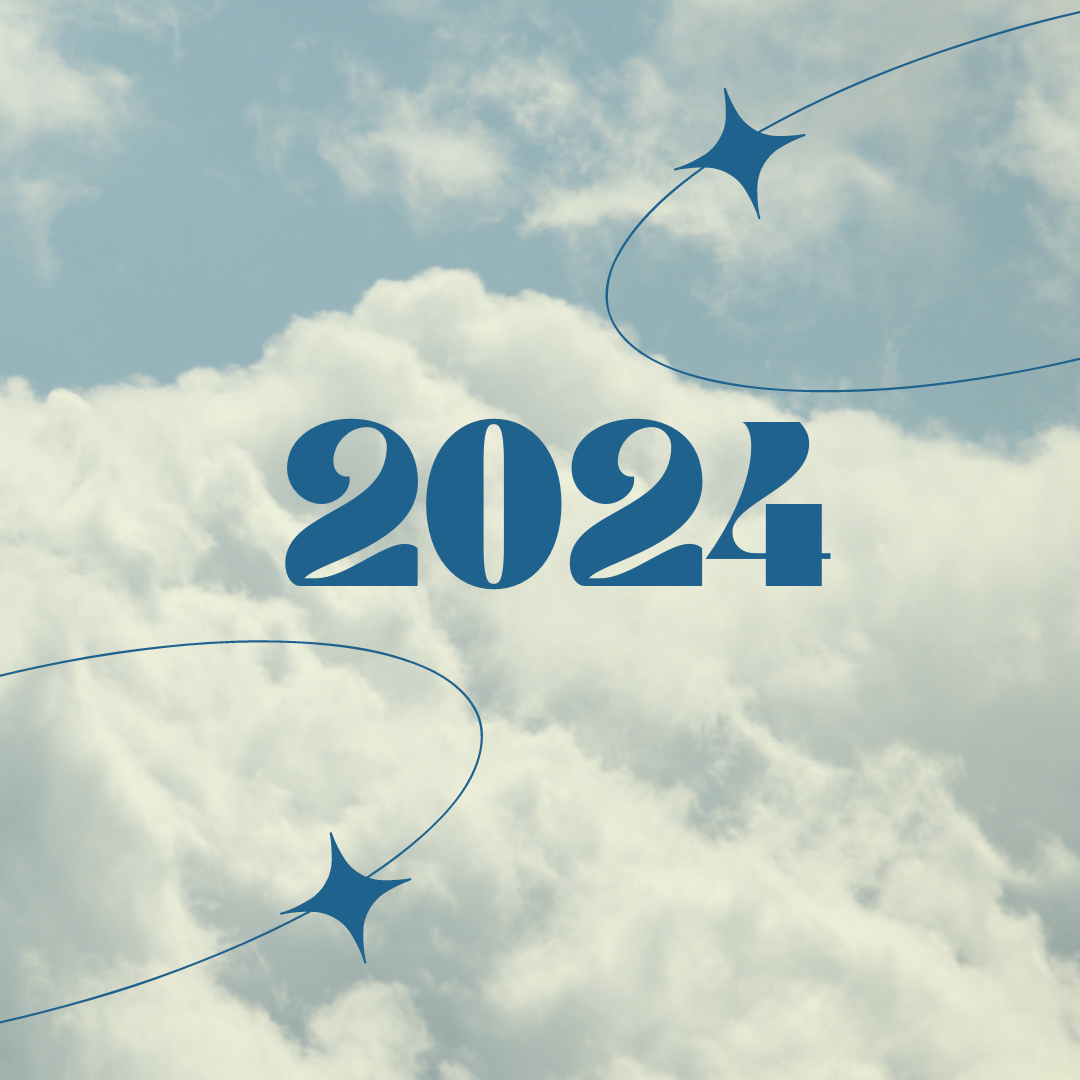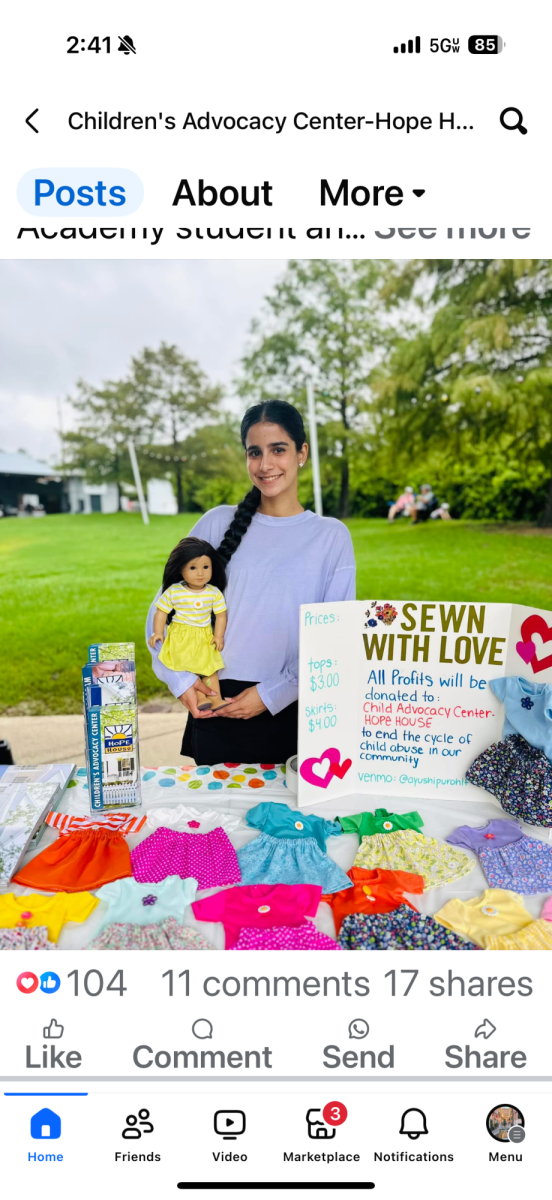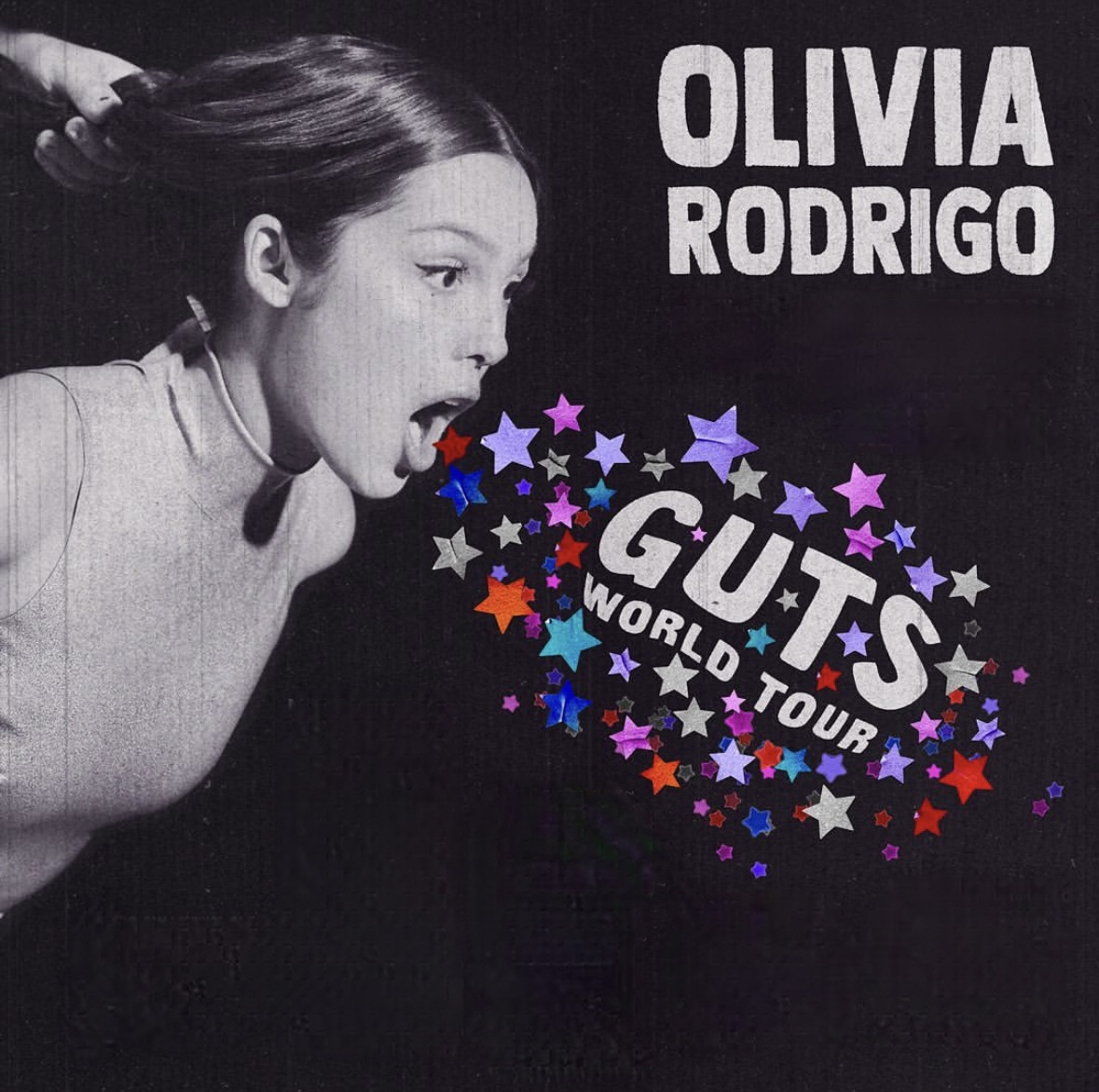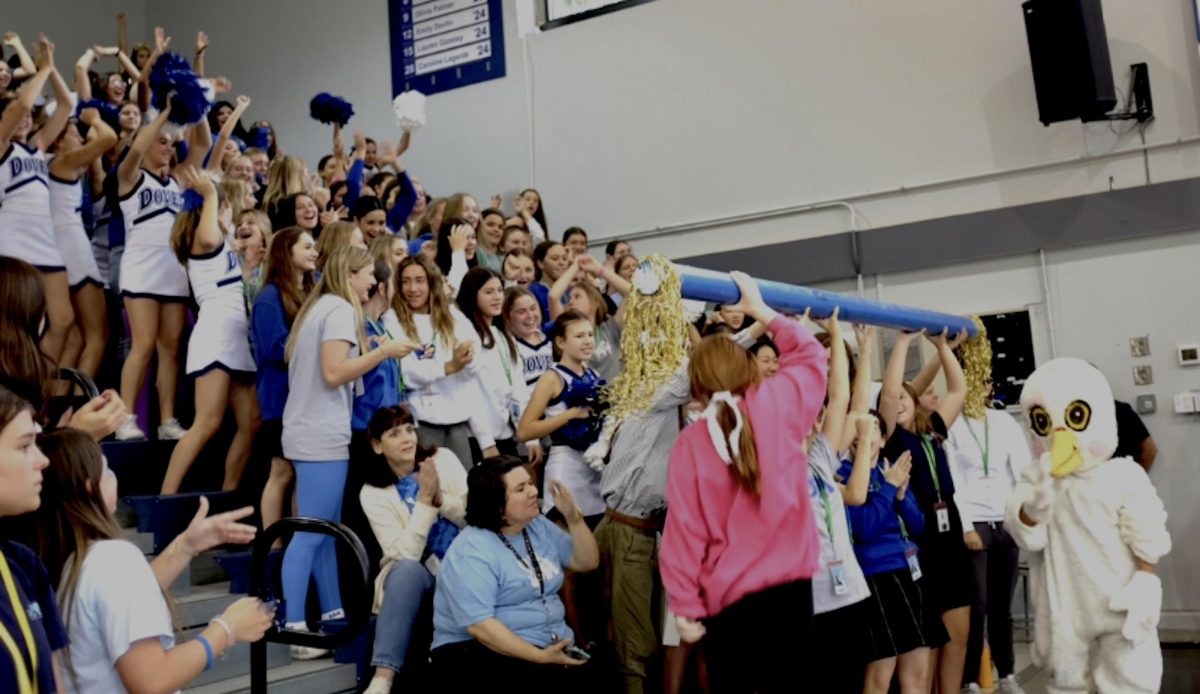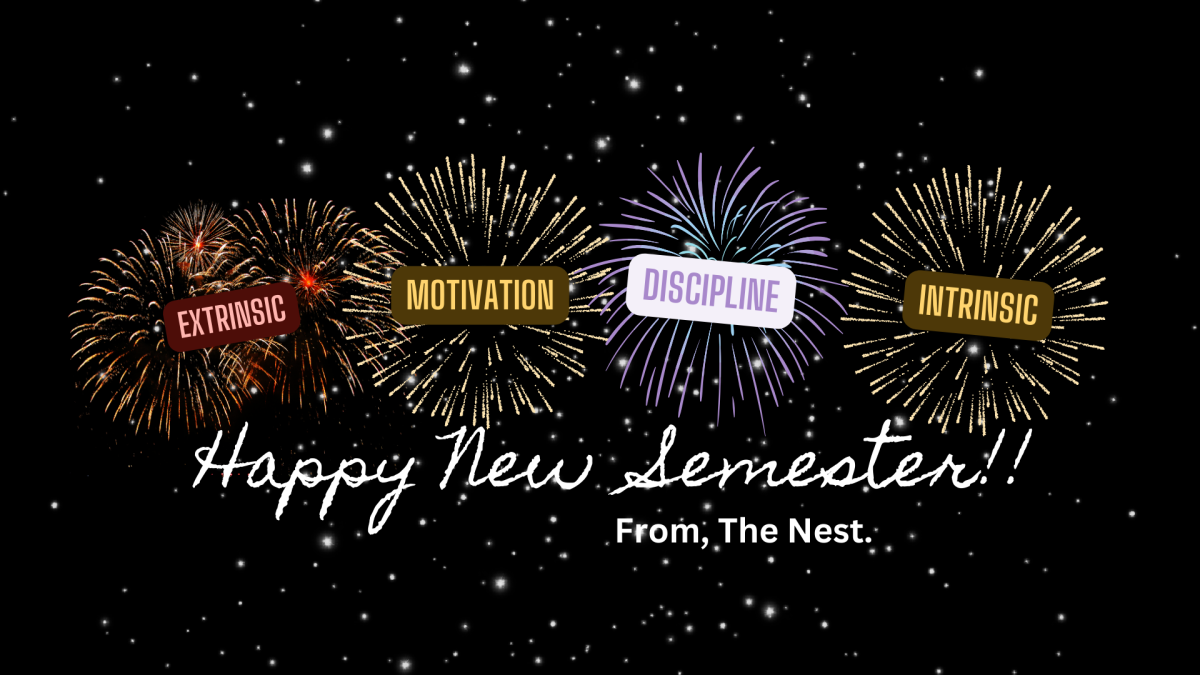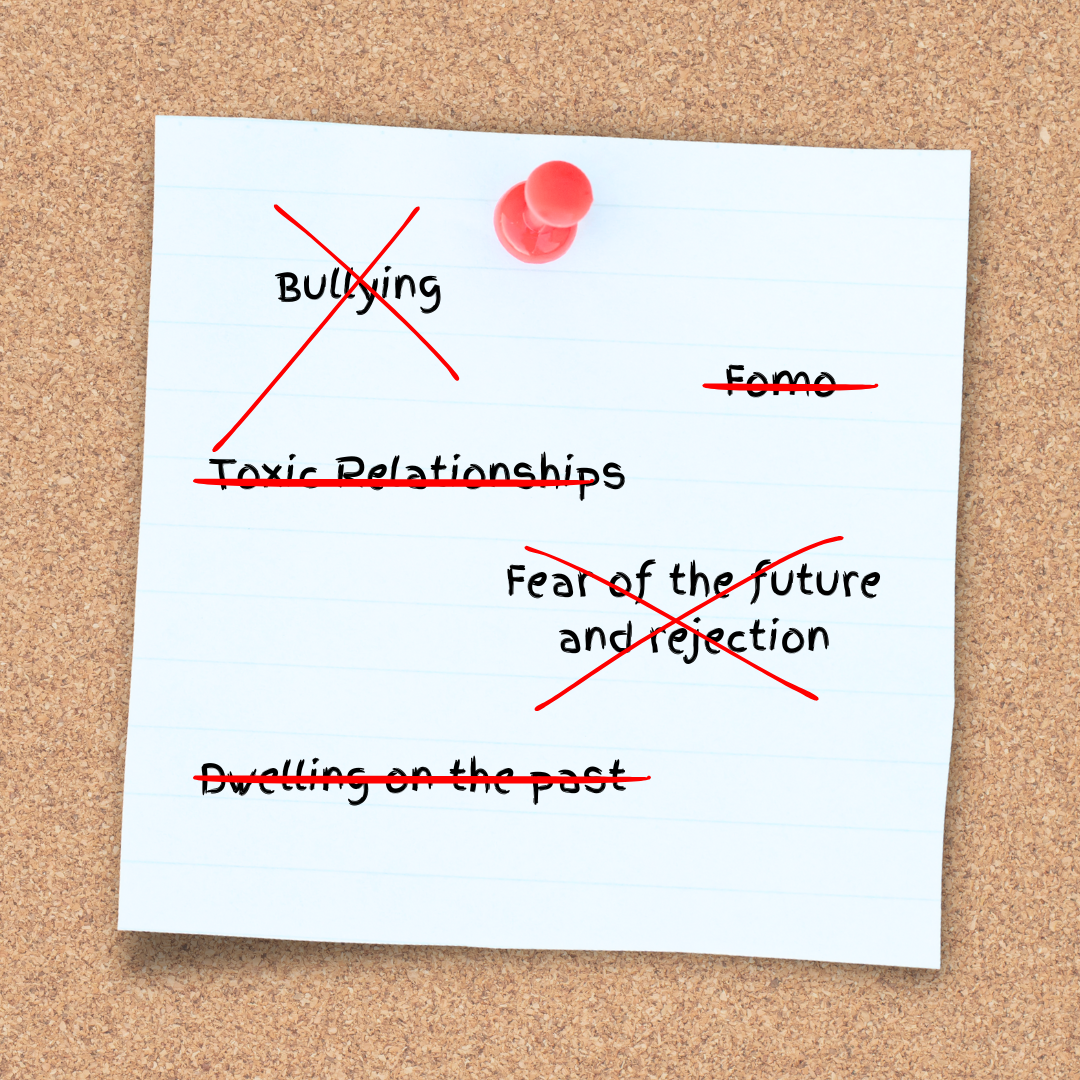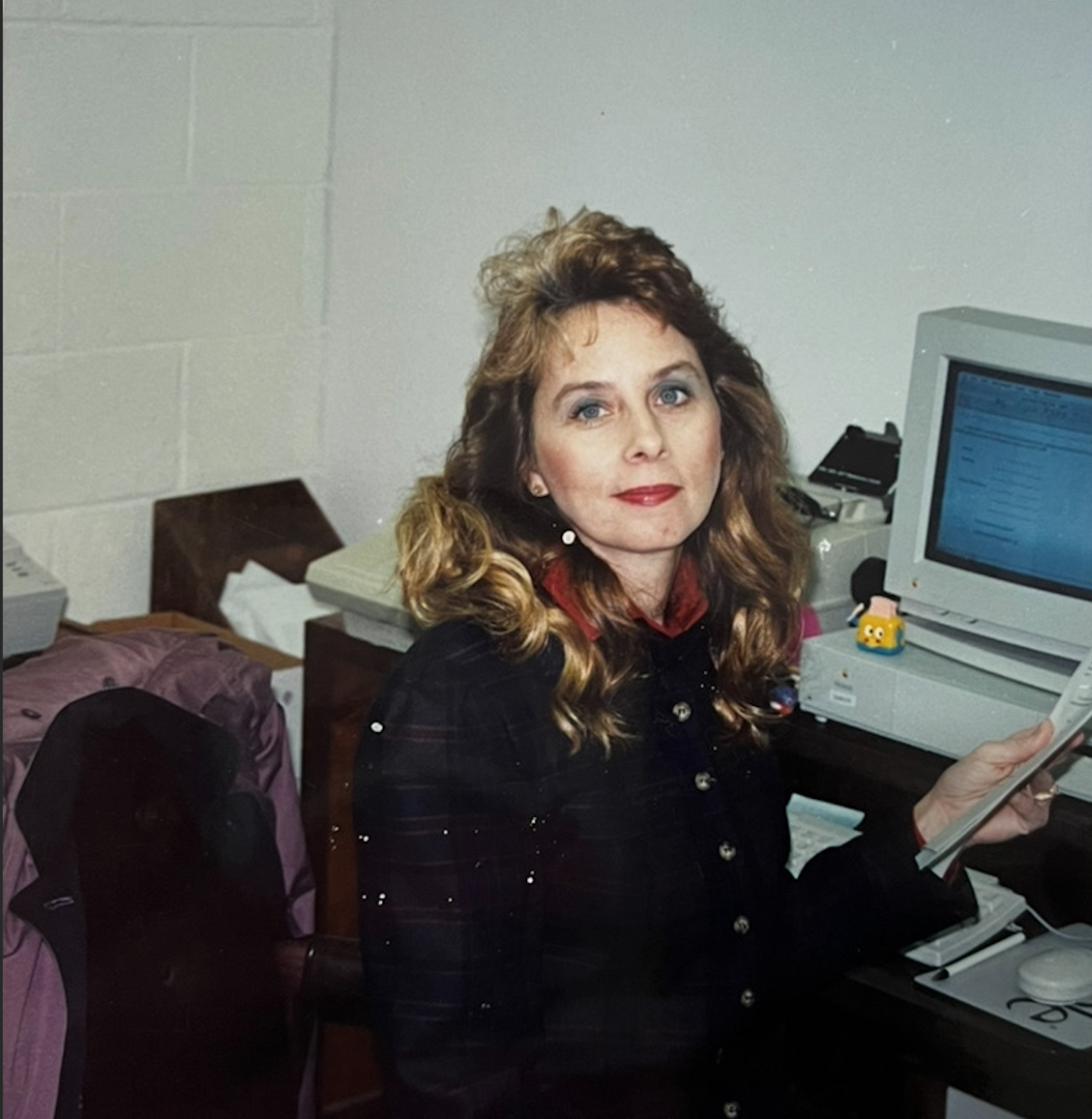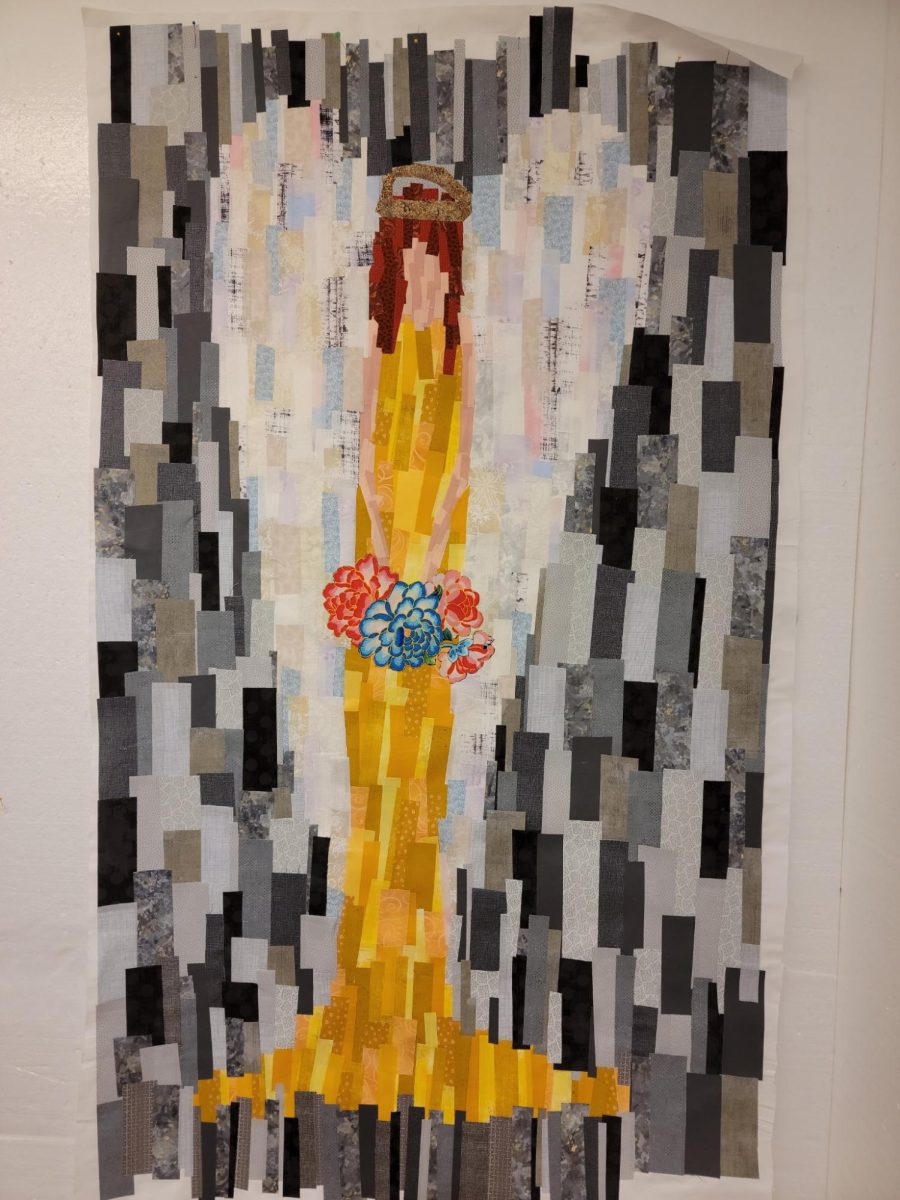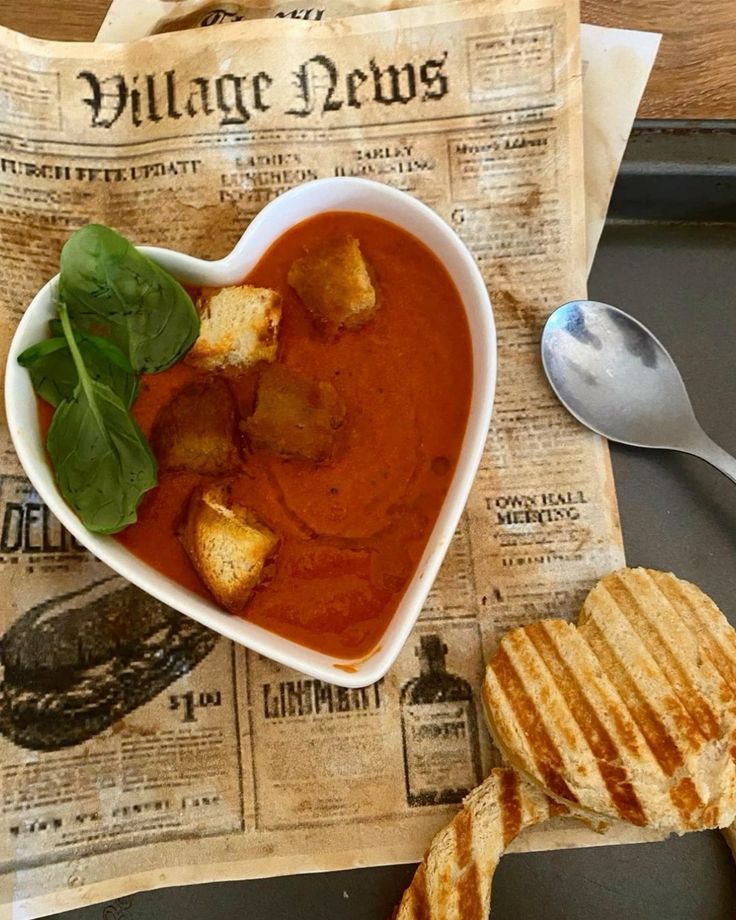Imagine a world where your last act on earth could save lives. I encourage you to take a moment and think about someone you know who has either received an organ transplant or donated an organ. By becoming an organ donor, you have the power to turn tragedy into hope, giving someone the gift of life when they need it most. Will you join the heroes who choose to give others a second chance?
Becoming an organ donor is a very easy process. When you get your driver’s license, you’re faced with a simple choice that can have a profound impact. By answering ‘yes’ to becoming an organ donor, you not only receive a small heart in the corner of your license but also become a lifeline for those in need. One decision, one symbol, countless lives saved. Will you take this opportunity to make a difference?

A common misconception about organ donation is that it can negatively impact the quality of medical care you receive in an emergency. Many people believe that if they are registered as organ donors, doctors may not try as hard to save their lives. In reality, medical professionals are required to prioritize saving a patient’s life above all else. Organ donation is only considered after all life-saving measures have been exhausted, ensuring that patient care is not compromised in any way.

Although this seems very unsettling, there is hope for the future. New medical technology such as bioprinting has the potential to revolutionize organ donation by creating customizable, lab-grown organs that can reduce the dependency on donor organs. This technology allows precise layering of living cells to form on functional tissues, which could shorten waiting times and eliminate the risk of rejection associated with transplant surgeries. As a result, countless lives could be saved. In the future, bioprinting could make organ shortages a thing of the past, providing hope and healing to millions.

Think about how fortunate you are to be here today. Think about how grateful you are to be healthy. Think about how lucky you are to be alive. Many patients are miserable in their hospital beds praying for the day that they get to go home.
My Uncle Jason demonstrated remarkable strength and determination when he had a heart transplant at 14 years old in December of 1994. His journey involved not only physical recovery but also emotional fortitude. Uncle Jason’s resilience helped him overcome personal struggles but also served as a source of inspiration for my family, teaching them the value of hope and perseverance in difficult times.
The importance of organ donation becomes even more evident through his story. Without the generosity of a donor, my Uncle Jason might not have had the chance to lead a fulfilling life. The heart transplant allowed him to embrace new opportunities, create cherished memories, and be there for his loved ones. On October 27, 2015, he passed away from heart complications. He lived to be 35 with a beautiful wife and three kids. His laugh was contagious, his smile was infectious, and his love was infinite. His experience highlights the profound impact that organ donation can have, not just on recipients, but also on their families and communities.

Imagine if a member of your family needed an organ. It could be your mom, dad, sister, brother, cousin, aunt, uncle, grandparent, or a close friend. Take a moment to reflect on how that would feel. The reality of such a situation can be terrifying, and I wouldn’t wish that sense of hopelessness on anyone. This is why I encourage you to consider becoming an organ donor; you could truly be someone’s hero. As Jesus said in Matthew 10:8, “Heal the sick…freely ye have received, freely give.” Will you choose this selfless act to help save lives?
Click here to register to be an organ donor:
Works Cited:
https://www.tmc.edu/news/2019/05/3d-printed-organs-breathing-new-life-into-bioengineering/
https://www.ncbi.nlm.nih.gov/pmc/articles/PMC9088731/
https://www.donoralliance.org/christianity-and-organ-donation/#:~:text=According%20to%20Matthew%2010%3A8,the%20lives%20of%20many%20others.
Ricci G, Gibelli F, Sirignano A. Three-Dimensional Bioprinting of Human Organs and Tissues: Bioethical and Medico-Legal Implications Examined through a Scoping Review. Bioengineering (Basel). 2023 Sep 7;10(9):1052. doi: 10.3390/bioengineering10091052. PMID: 37760154; PMCID: PMC10525297.


